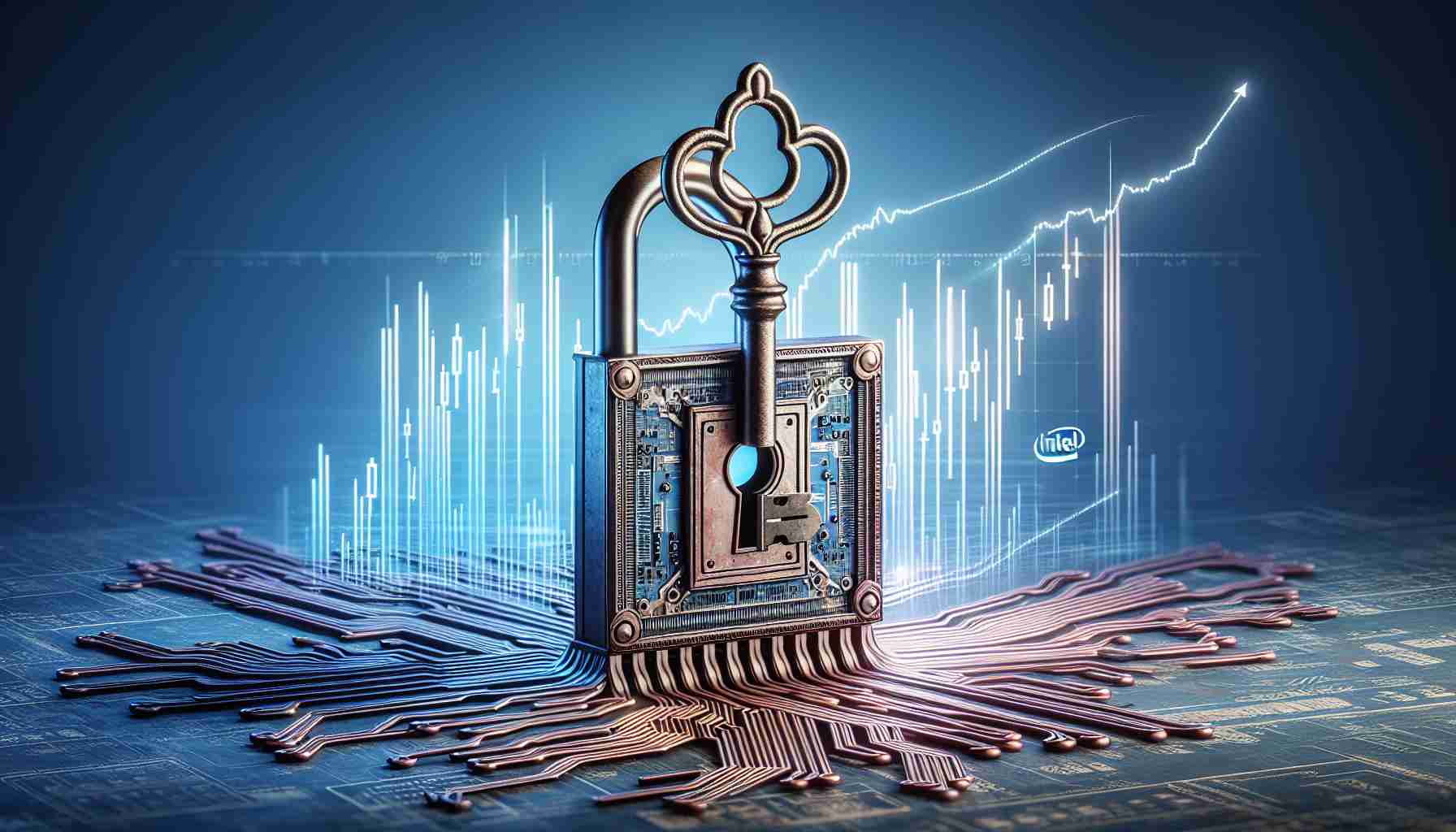In a much-anticipated event, the iconic sketch show “Saturday Night Live” is ready to return on November 2, welcoming comedian John Mulaney as the host and talented performer Chappell Roan as the musical guest. Following this premiere, acclaimed comedian Bill Burr will take the reins as host for the first episode following the election on November 9.
Burr, known for his engaging stand-up style and piquant humor, is currently on tour with his “Bill Burr Live” show. He is also gearing up for a Broadway appearance alongside Kieran Culkin and Bob Odenkirk in a revival of the classic play “Glengarry Glen Ross” this coming spring.
On November 16, pop sensation Charli XCX will not only perform as the musical guest for the third time but will also step into the host role for the first time. This comes after her successful album “Brat,” which has captured the attention of fans and critics alike. In addition, Mk.gee will make his debut on the “SNL” stage, performing songs from his new album “Two Star & The Dream Police” as part of his ongoing world tour.
As the 50th season of “SNL” unfolds, viewers have already enjoyed memorable portrayals, including Maya Rudolph’s depiction of Kamala Harris and Jim Gaffigan mimicking Minnesota’s Governor, Tim Walz, showcasing the series’ commitment to sharp political satire.
The Evolution of Live Comedy: How “Saturday Night Live” Shapes Society
The Role of “Saturday Night Live” in Political Discourse
“Saturday Night Live” (SNL) has long been more than just a comedy show; it has become a cultural juggernaut that reflects and influences societal attitudes, particularly regarding politics. With its biting satire and timely sketches, SNL provides an accessible way for audiences to engage with complex political issues. This influence can be particularly pronounced during election seasons, when the show often highlights the absurdities of candidates and their campaigns.
Yvonne’s Dilemma: When Comedy Meets Controversy
One of the ongoing controversies surrounding SNL is the fine line it walks between humor and offending its audience. Critics have argued that some sketches perpetuate negative stereotypes or misrepresent the subjects being parodied. For example, when prominent figures like Kamala Harris are portrayed, the impact on public perception can be significant. The question arises: does comedy risk simplifying nuanced issues for the sake of a punchline?
SNL’s approach can have both positive and negative effects. It fosters critical discussion about important issues through comedy, making them more palatable. However, it can also lead to misunderstandings or reinforce existing biases if audiences fail to differentiate between humor and reality.
Community Engagement Through Comedy
The show’s influential reach extends beyond national conversations; it can inspire local community engagement. Many of the sketches lead viewers to take action, whether through voting, activism, or simply staying informed about current events. In this way, SNL can be a catalyst for community discussions, driving viewers to explore political topics with depth and seriousness.
Embracing Diversity: SNL’s Changing Landscape
As SNL celebrates its 50th season, another critical aspect is its gradual embrace of diversity in both its cast and guest performers. History has shown that representation plays a vital role in shaping narratives and fostering inclusivity. The show’s increase in diverse voices reflects broader societal trends, engaging audiences from various backgrounds. This inclusivity can alienate some traditional viewers but also expands the show’s relevance to younger, more diverse demographics.
Questions and Answers about SNL’s Impact
Q: How does SNL influence public opinion during an election cycle?
A: SNL offers a lens through which viewers can view political candidates, often shaping perceptions and sparking discussions around key issues.
Q: Can comedy truly change societal attitudes?
A: Yes, humor can challenge norms and provoke thought, prompting people to reassess their views and beliefs in a manner that is engaging and memorable.
Advantages and Disadvantages of SNL’s Approach
Among the advantages, SNL helps to demystify the political process, making it more accessible to the everyday viewer. It encourages engagement with current events, often motivating viewers to research and understand the implications of political decisions.
However, disadvantages include the potential for misrepresentation and the oversimplification of complex issues. In some cases, parody can lead to misconceptions that diminish serious discussions.
In conclusion, SNL is not just a source of entertainment; it plays a crucial role in shaping societal narratives and encouraging dialogue on pivotal issues. As it continues to evolve, the show remains an essential part of American culture that warrants attention, debate, and reflection. For more insights into the show and its impact on society, you can visit SNL’s official website.












